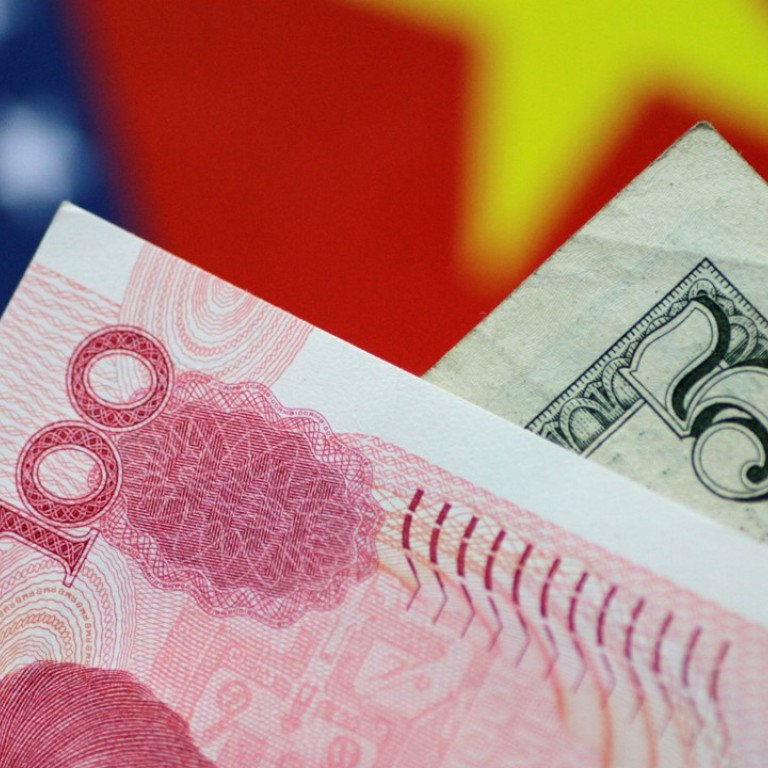
Timely return to more rational investments
Crackdown on mainland firms buying trophy assets abroad is crucial to national security and the overall economy
When mainland conglomerates look abroad for investment opportunities, the temptation of trophy assets can be irresistible. But the long-term investment can be problematical. A salutary lesson is to be drawn from the experience of Japan decades ago after a corporate shopping spree for overseas property and leisure assets led to capital outflows that caused problems for its economy. China has reached a tipping point in a corporate go-global splurge once encouraged by Beijing, but now prompting it to ban or restrict investments in leisure and property assets.
Worries about the scale of capital outflows, particularly in property, have been compounded by companies borrowing at home to buy overpriced overseas assets, with implications for the stability of the mainland banking system in the event of market fluctuations. As a result, Beijing has intervened to order checks on credit exposure and shift the emphasis to investment in hi-tech, research, logistics and infrastructure projects linked to the “Belt and Road Initiative” – the state’s preferred go-global strategy. Just this week, developer Dalian Wanda Group backed away from a £470 million (HK$4.7 billion) acquisition of a London development site. It remains to be seen whether encouragement to invest at home in state-owned enterprises is effective in reforming them as well as reining in the biggest firms.
The retreat in outbound property investment could create headwinds for prices in Hong Kong, especially for office assets. However, that reckons without the ability of mainland firms to boost overseas currency assets by issuing debt or equity abroad.
Meanwhile, analysts say the new outbound investment rules could bring benefits to Hong Kong, such as lower land prices and financial support for technology and infrastructure. Officials say the city is well placed to support the “Belt and Road Initiative”, through technology, trade and commerce, logistics and financial services.
Coming after the Beidaihe summit of party leaders and ahead of a leadership reshuffle at the 19th Communist Party congress later this year, the redirection of outbound investment sends important policy signals. The latest controls on capital outflow reflect determination to put the economy back on track and curtail irrational overseas investment.
It reinforces President Xi Jinping’s concern that financial stability is crucial to national security. At this pivotal time in the globalisation of the Chinese economy, overseas investments by mainland companies should be positive for the country’s economy. This is a timely reminder. It gives the economy better direction that is also good for Hong Kong, especially in terms of a rational property market.

